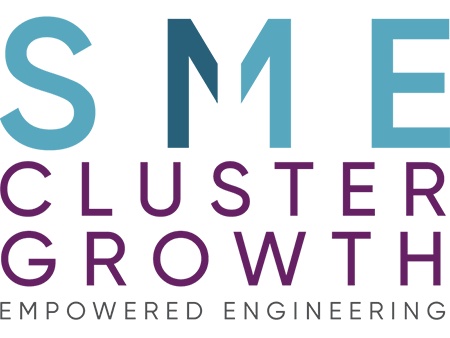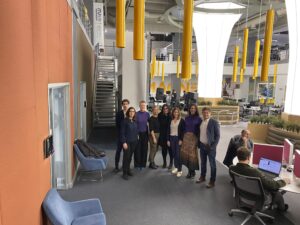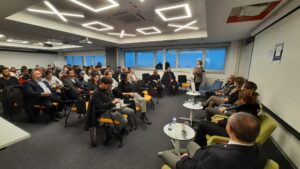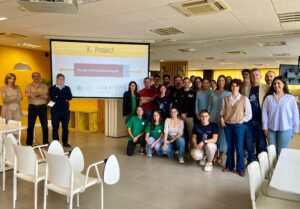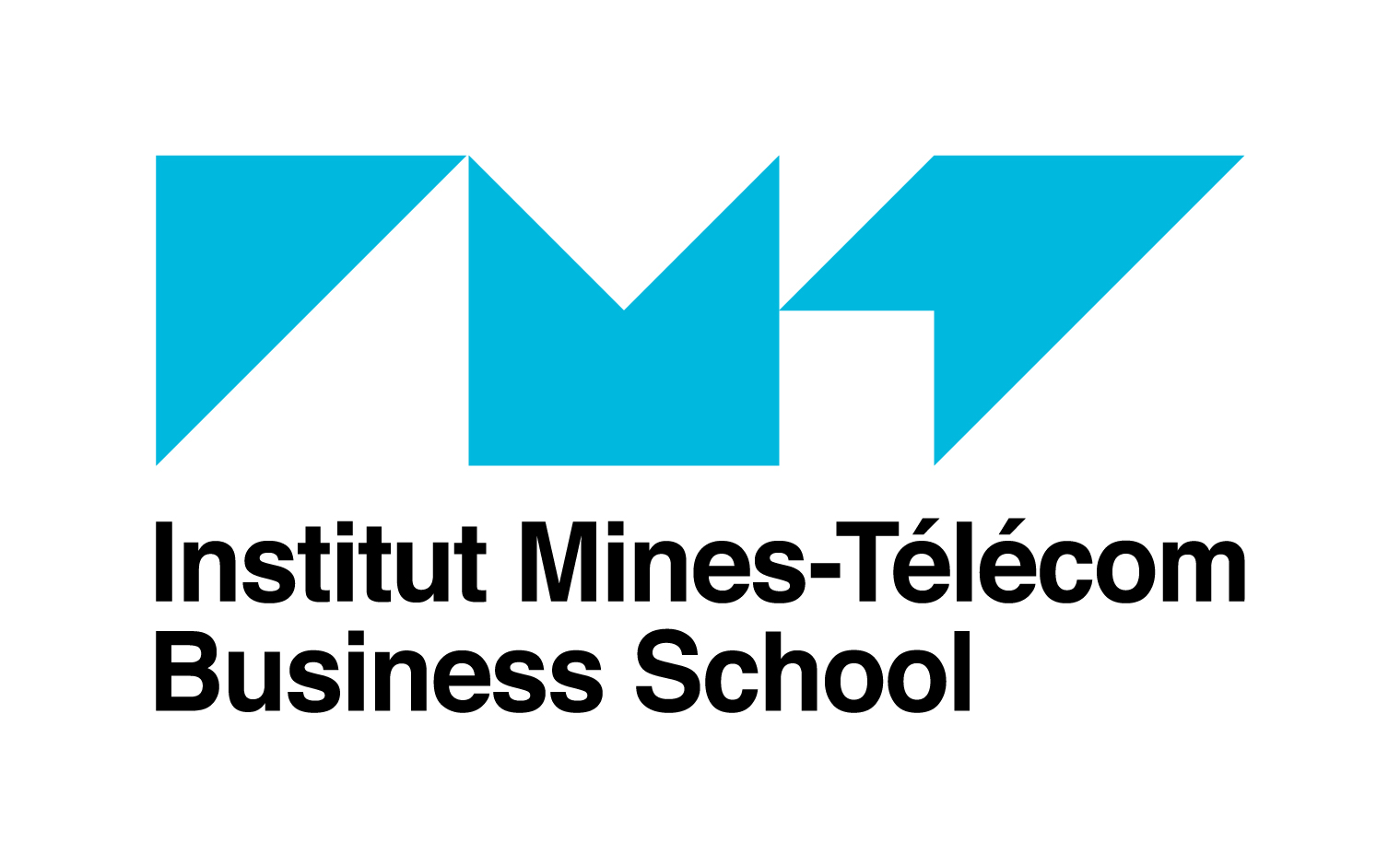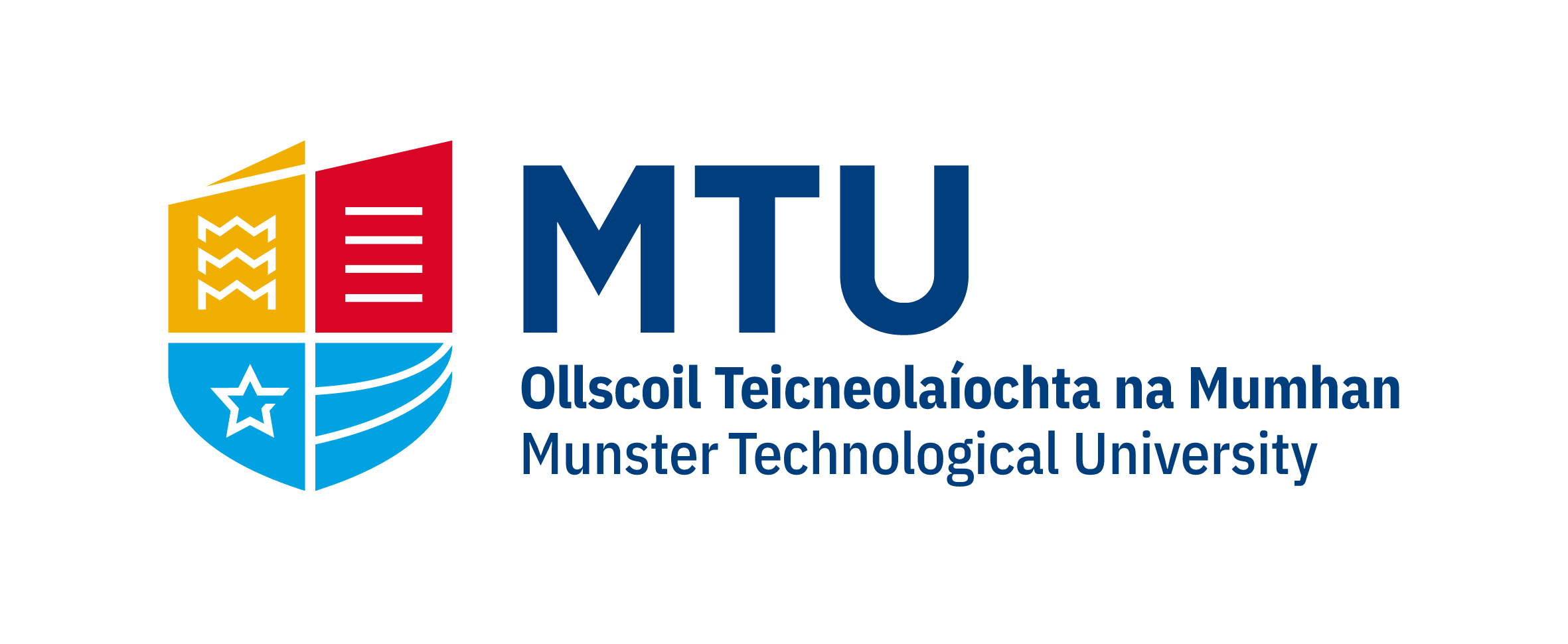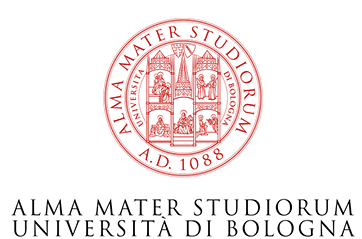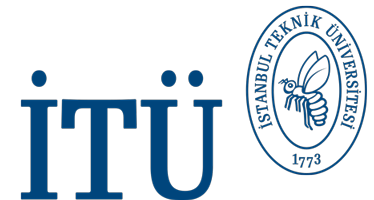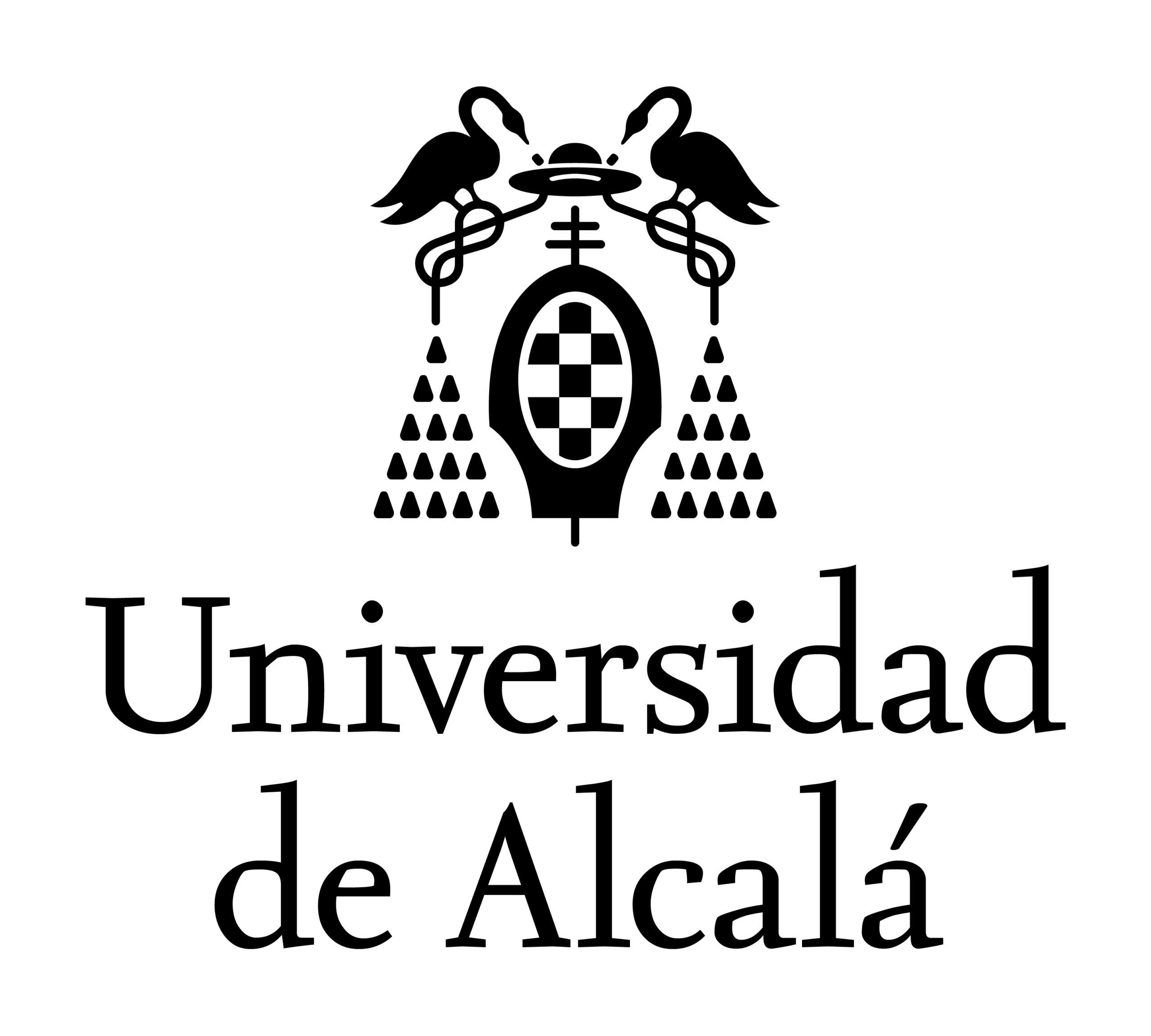“Intuition about market needs and trends plus integration of innovation elements,” is often the cornerstone of sustainable growth according to Miguel Cambas who works on business development in the Corredor del Henares region. Cambas works as a business consultant for small, medium, and large companies and has been Secretary-General of the Provincial Confederation of Entrepreneurs of Guadalajara. He has vast experience in the private and public sectors, focusing on promoting entrepreneurship and industry at an international level.
In his words, “SME growth has to be aligned with the market demand and product development. It combines market knowledge, technology development and entrepreneurial intuition about market needs and trends”. However, it should be considered that in the engineering sector, the service and product development for other companies (B2B) is more critical for growth than in other types of companies. In addition, the cost analysis, processes, and pricing strategies are crucial to determine improvement. In the Henares Corridor, the residential, industrial, and business hub developed in the valley of the river Henares, between Madrid and Guadalajara, most SMEs are micro-enterprises, and many are focused on meeting the needs of the local market, as a result of an incomplete growth strategy. There is a lack of training in the internalisation of companies, which in many cases limits the growth of the SME.
For Cambas, “the growth of SMEs generates a global impact in them, requiring a better-quality service assurance, new relationships with clients, equipment and human resources investments.” In general, it represents an increase in the quality and technical requirements and, in consequence, the main challenges regarding the growth of SMEs and their sustainability over time are related to the team generation, combining internal and external resources with different roles, skills and responsibilities”. This requires training and in-depth knowledge of the options available to access financial support, human resources, and customers (networking) to support growth.
For this expansion, the importance of the business leader’s role is enormous. Cambas is of the opinion that the leader must be able to carry out his or her work along three lines of action:
- Mobilizing the network, exploiting all the channels to support physical and digital interaction
- Identifying and seizing opportunities, including reacting to new market scenarios (global and local crises)
- Leading and managing the implementation of business change for service and product delivery, including internationalisation.
There are several ways to support SMEs in their growth objectives. Miguel Cambas believes that the key is, on the one hand, to recruit young team members who can be a source of new ideas and knowledge on technology and management and, on the other hand, to collaborate with business schools and universities to generate teams of students with complementary skills and abilities (ICT, engineering, economics and business management, law, etc.) It is possible then to provide them with real and practical training in an SME, for example, in business analysis, new approaches or technological benchmarking.

